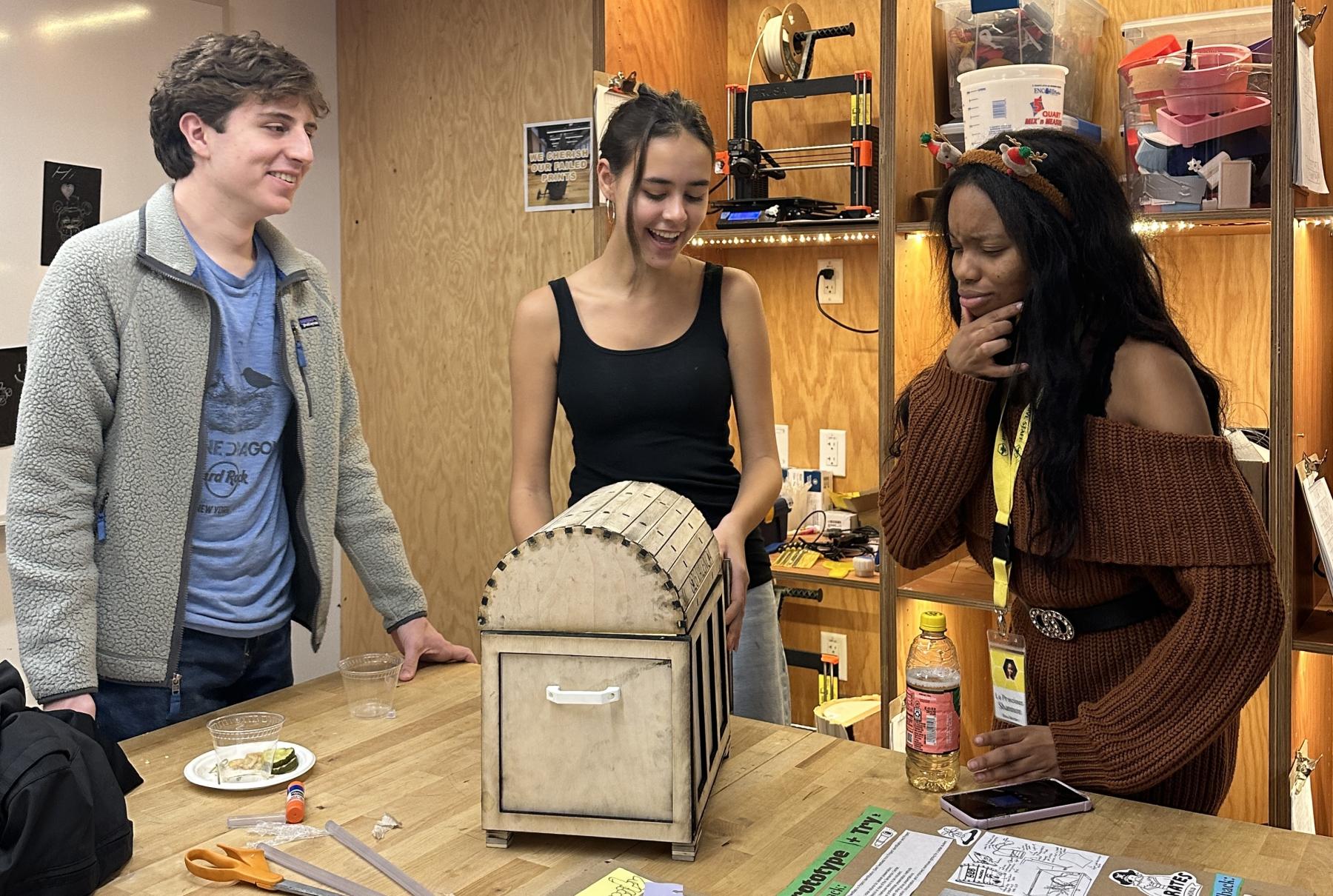About

After a hiatus of about 100 years, the University of San Francisco launched a new engineering program in Fall 2020. Our vision is that through innovative teaching and research, the engineering program will provide a comprehensive, project-based engineering education within the Jesuit liberal arts tradition that emphasizes ethical responsibility, social justice, and community engagement. Committed to diversity as an asset, it will produce graduates with a local and global perspective who are equipped to find ethical and innovative solutions to the challenges facing society in the 21st century. The program includes:
- A pre-first-year experience in which students arrive on campus before the semester begins to start building engineering skills, form communities and acclimate to college life
- Foundational courses with integrated project components in which students learn the applications of the theoretical concepts taught in class
- Multi-disciplinary, project-based courses in which students work in teams to apply their knowledge to real problems and design solutions in real social, environmental and economic contexts
- Support for internships experiences to build skills for their future careers
The program also draws heavily on USF's uniquely diverse student population, not as an end goal in itself but as the basis for an asset-based education - one in which each student identifies and understands their unique backgrounds as essential parts of their engineering problem-solving toolkit. This is reflected not only in community-building activities and the underlying philosophy of the department, but also in specific courses, assignments, and exercises.